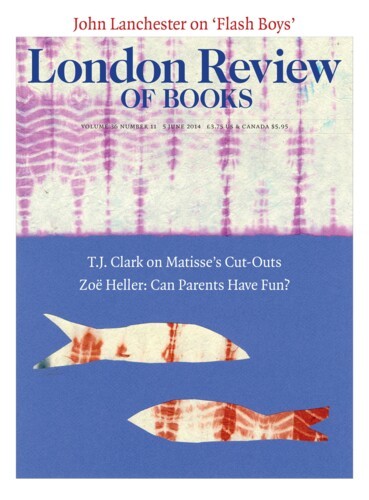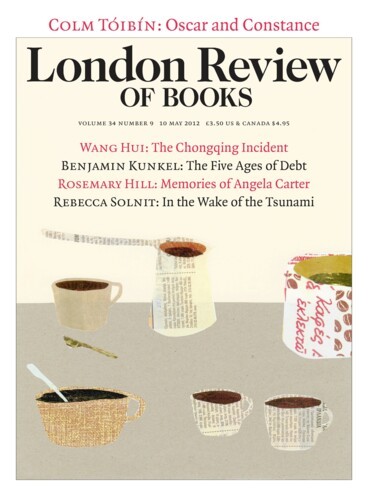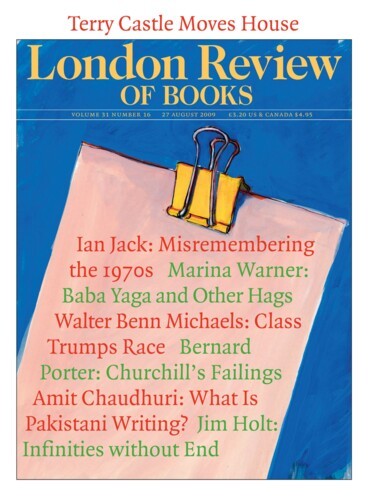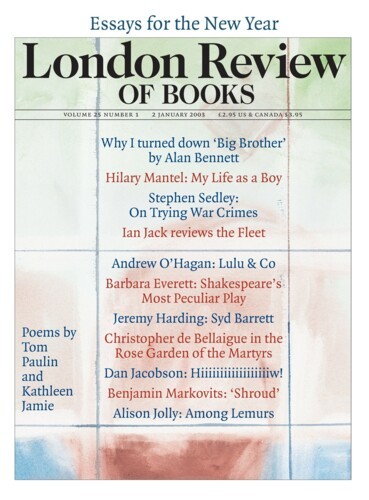Southern Britons may be forgiven for thinking that most people in Scotland grew up in cottages among the purple bens, or in tenements dwarfed by shipyard cranes, or in douce villas where grace was said over every scone. This is the legacy of Scottish literature and Scottish comedy, which in the course of this century has replaced one romantic stereotype with another – J.M. Barrie’s soft mothers with William McIlvanney’s hard men, Harry Lauder’s but-and-bens with Billy Connolly’s tenements – and it is in large measure a lie. In the decades between Attlee and Thatcher, Scotland could fairly be described as a nation of council tenants. During these years the towns and cities of the Lowlands accelerated a process which had begun before the war and decanted their populations into houses built by and rented from the local authority, an internal migration which gave Scotland the highest ratio of public to private housing of any country in Western Europe, and higher even than many countries in the Eastern bloc. Old industrial towns such as Coatbridge still accommodate four-fifths of their population in council houses. England, even its New Towns, has never seen the like; but then England, even in Victorian Salford or Limehouse, never quite attained the degree of squalor which Scotland’s new council houses were supposed to remedy.’
From Moorepark to Wine Alley: The Rise and Fall of a Glasgow Housing Scheme by Sean Damer. Southern Britons may be forgiven for thinking that most people in Scotland grew up in cottages among the purple bens, or in tenements dwarfed by shipyard cranes, or in douce villas where grace...





